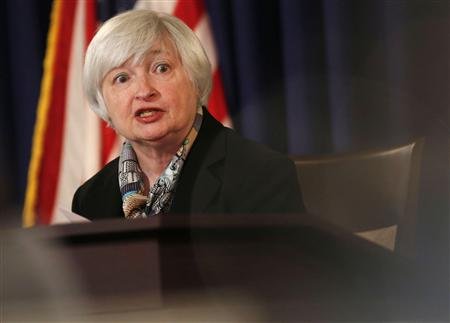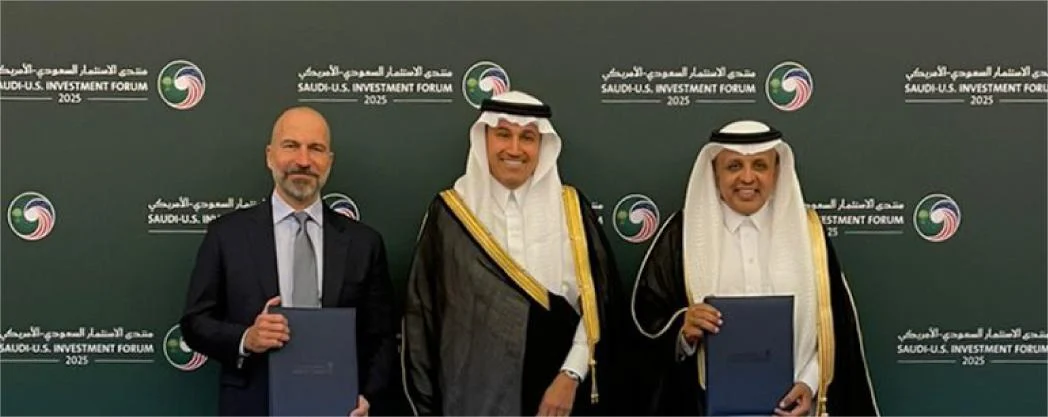Publisher: Maaal International Media Company
License: 465734
US Treasury Sec sees progress in relations with China
US Treasury Secretary Janet Yellen concluded Sunday a four-day visit to China, stressing that her second meetings with senior Chinese officials were “direct” and “productive” and helped stabilize an often tense relationship.
According to Reuters, Yellen said, before her departure on Sunday, at a press conference that the United States and China are still at odds on a number of issues, but she expressed confidence that her visit strengthened American efforts to “put US-China relations on a more solid foundation.” “
“There are major differences between the United States and China,” Yellen said at the conference held at the US Embassy in Beijing, citing Washington’s concerns about what she described as “unfair economic practices” and recent punitive measures against US companies.
اقرأ المزيد
“But President (Joe) Biden and I do not see the relationship between the United States and China in terms of the great power struggle,” she added. We believe the world is big enough for our two countries to thrive.”
With US-Chinese relations deteriorating due to security issues, including Taiwan, a US embargo on high-tech exports and China’s state-led industrial policies, Washington is trying to mend relations between the world’s two largest economies.
US Secretary of State Anthony Blinken visited China last month, in the first visit by the most senior US diplomat since Biden assumed the presidency, and US climate envoy John Kerry is also expected to visit China this month.
The US diplomatic effort comes ahead of a possible meeting between President Biden and his Chinese counterpart, Xi Jinping, at the G20 summit in September in New Delhi or the Asia-Pacific Economic Cooperation (APEC) meeting scheduled for November in San Francisco.
Yelin said that the aim of her visit is to establish and deepen relations with China’s new economic team, reduce the risks of misunderstanding and pave the way for cooperation in areas such as climate change and the debt crisis.
“I think we have made some progress and that we can have a healthy economic relationship that benefits us and the world,” she added, noting that she expects more and more regular contacts.
She said Chinese officials had raised concerns about an expected executive order restricting foreign investment, but she reassured them that any such measure would be narrow in scope and implemented in a transparent manner, through a decision-making process that allows for public opinion.
Yellen added that she had told Chinese officials that they could raise concerns about US actions and that Washington would be willing to interpret them and “may in some situations address the unintended consequences of actions we have taken unless they are carefully directed.”
Yellen met with officials including Chinese Premier Li Qiang and Deputy Governor of the People’s Bank of China Pan Gongshen, whom she referred to as the governor of China’s central bank, in an apparent confirmation of his expected promotion.
She also met with American companies operating in China and experts in the field of climate finance and economics
During her meetings with Chinese officials, Yellen urged increased cooperation between the two sides on economic and climate issues, while criticizing what she described as Chinese “punitive measures” against American companies.
And she reaffirmed that Washington does not seek to disengage from the Chinese economy, due to “this having a catastrophic impact on the two countries and destabilizing the world.”
The United States imposed export restrictions with the aim of limiting Beijing’s ability to obtain electronic chips, which Washington fears could be used in military applications, and is considering measures to limit US investments in sensitive areas in China.
But US lawmakers want stronger action. A bipartisan group proposed giving the government sweeping powers to stop the flow of billions of dollars of US investment into China.
Yellen said she assured her Chinese counterparts that any investment restrictions “will be carefully targeted, clearly targeted, and limited to a few sectors where we have national security concerns.”
In response to a question about the plans of the BRICS member states, namely Brazil, India, Russia and China, to launch a new currency, Yellen said that she expects the dollar to remain the dominant currency in international transactions.
Regarding the Russian war on Ukraine, Yellen told Chinese reporters that it was “necessary” for Chinese companies to avoid providing tangible support to Moscow in its war or enabling it to evade sanctions.
The two sides played down their expectations of a breakthrough during the talks, while praising the opportunity for allowing a direct diplomatic meeting between them.
“One visit will not solve our challenges overnight,” Yellen said. But I expect that this trip will open a flexible and constructive channel of communication.”
Related








